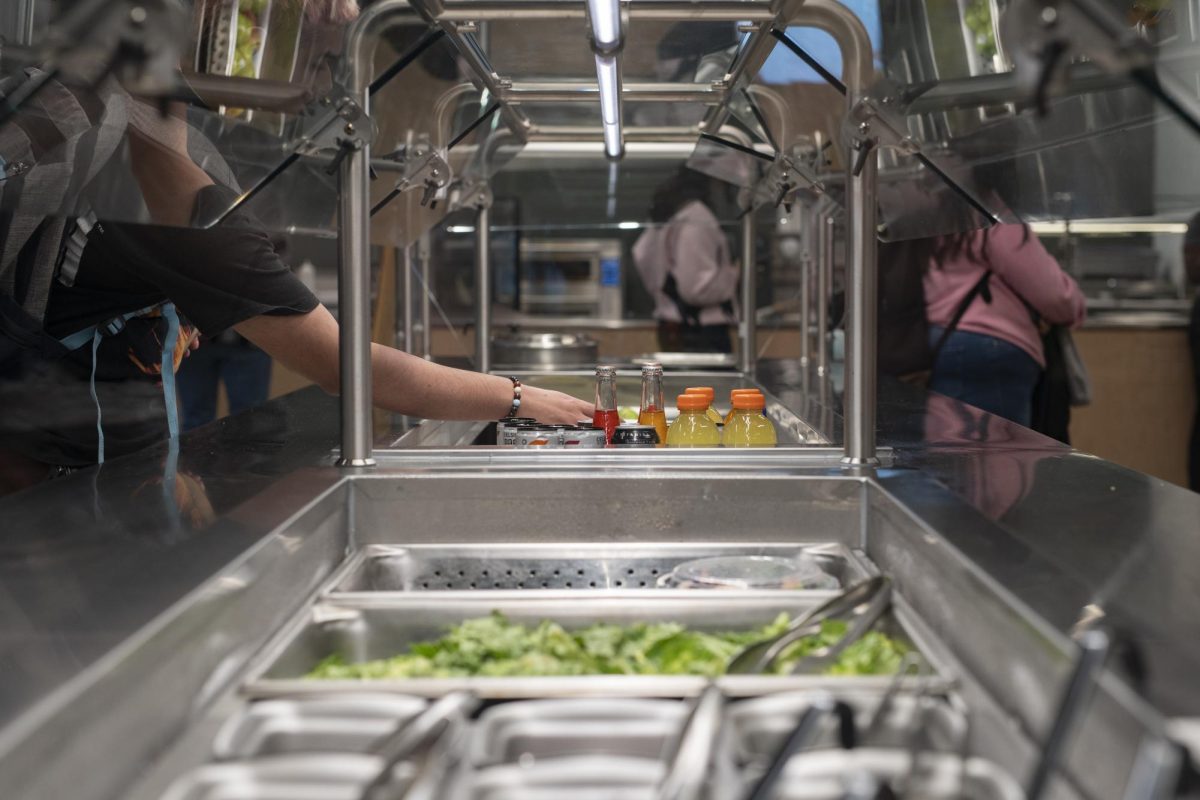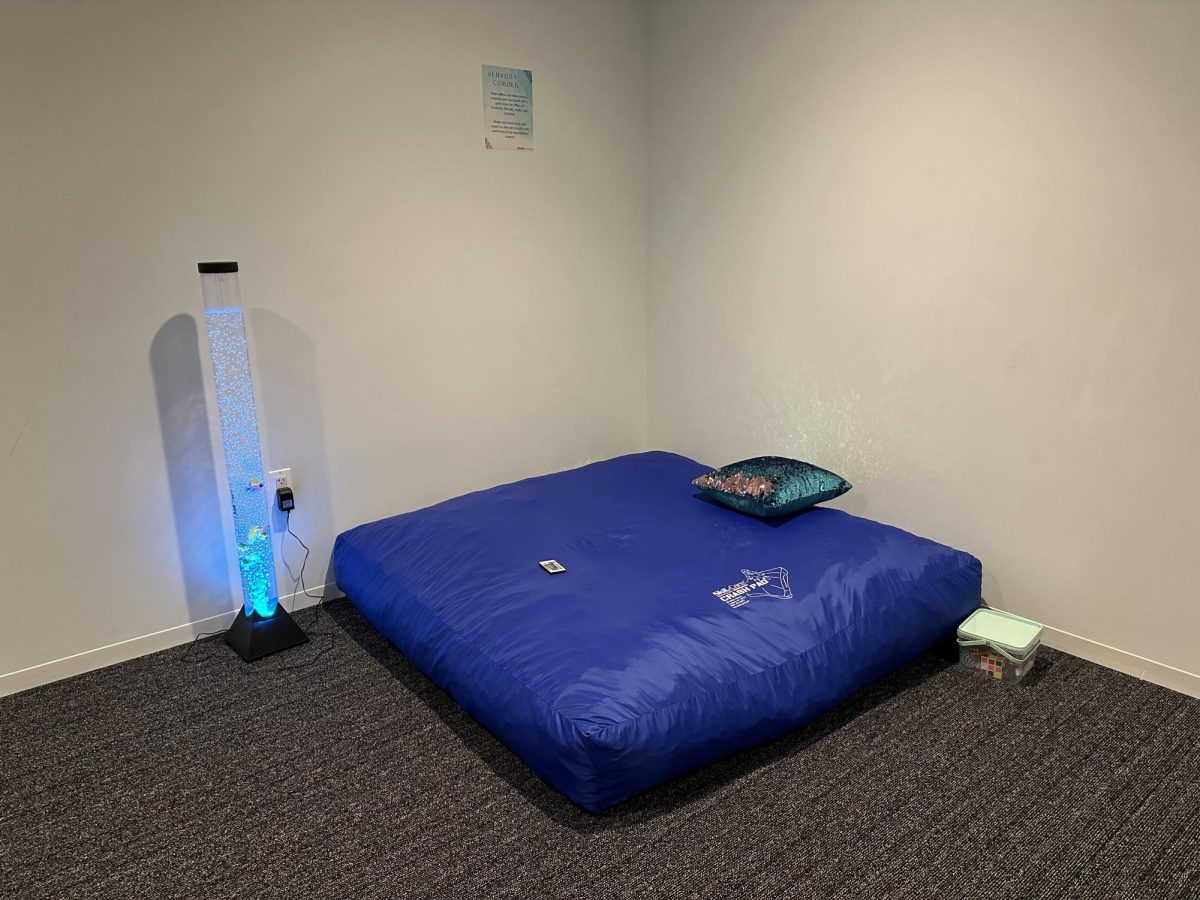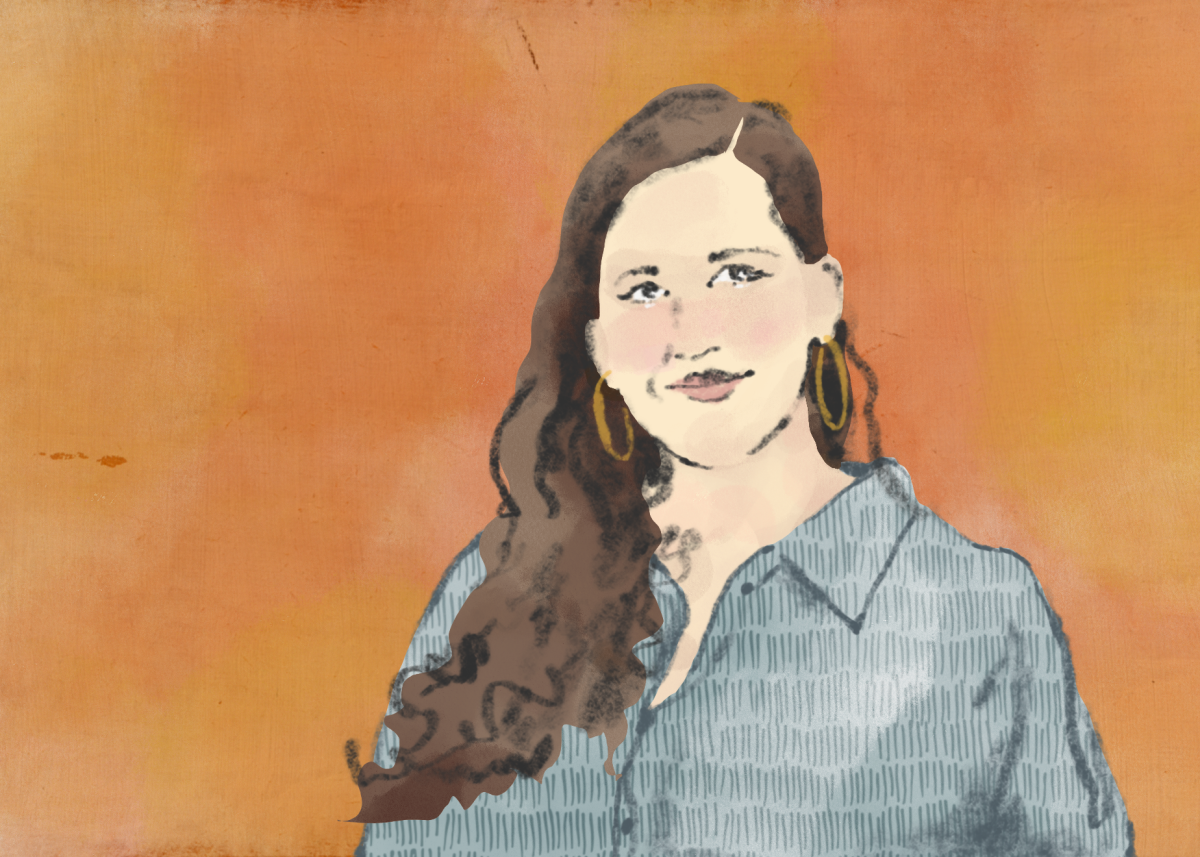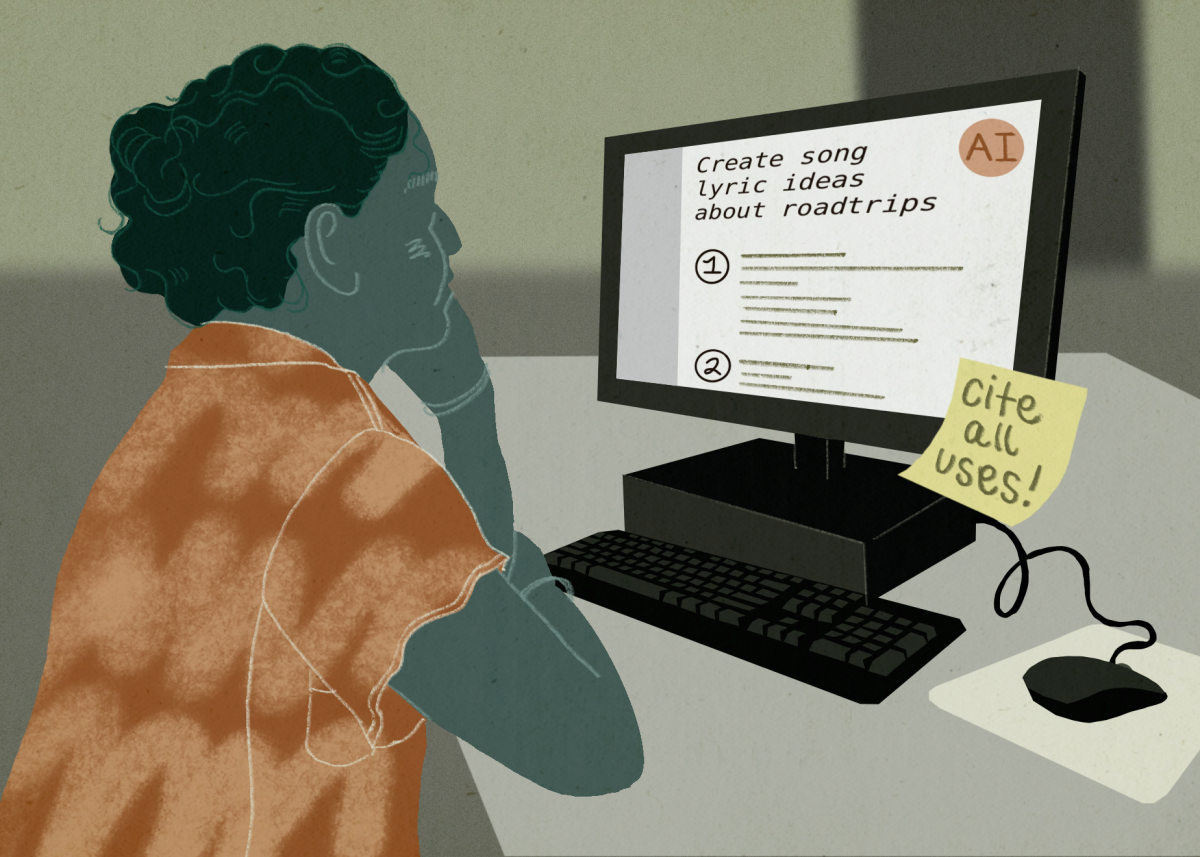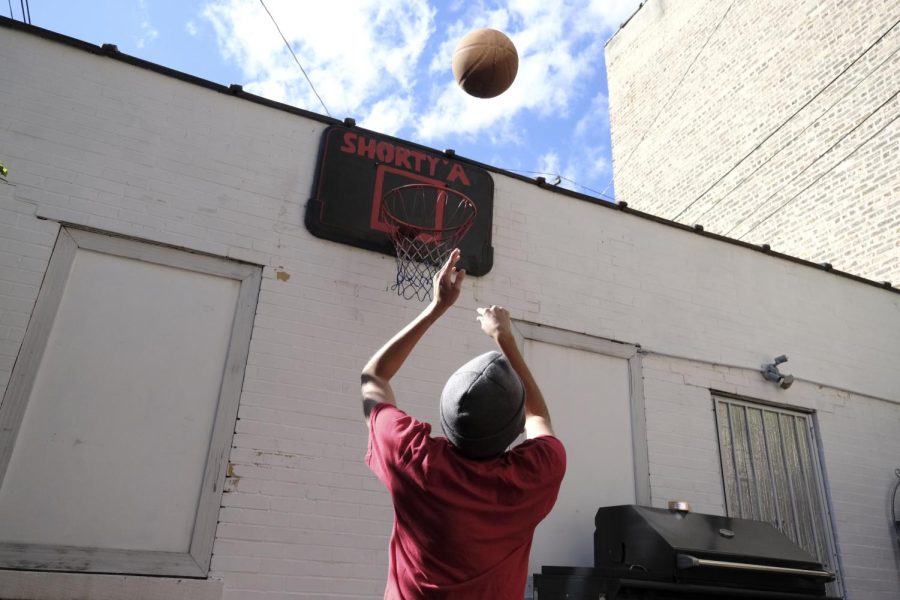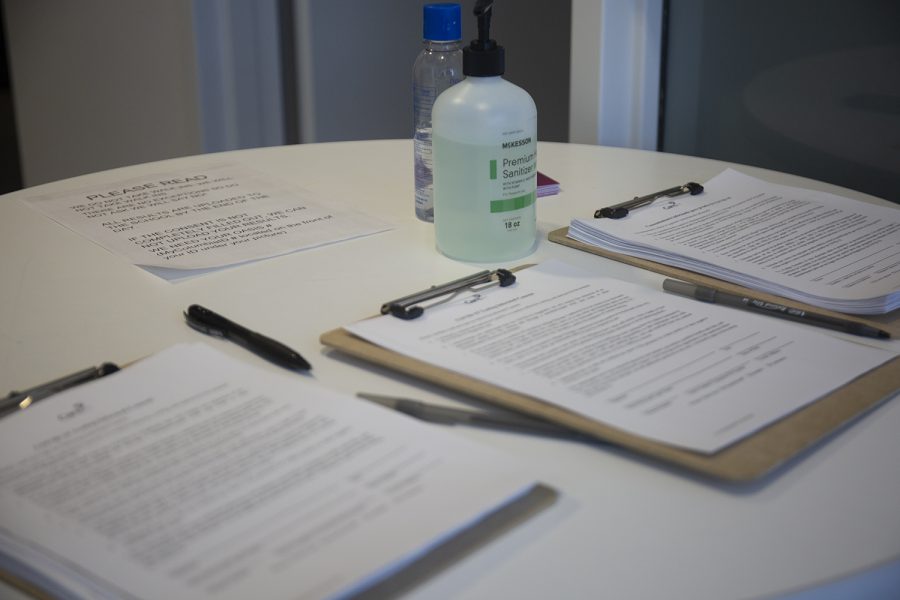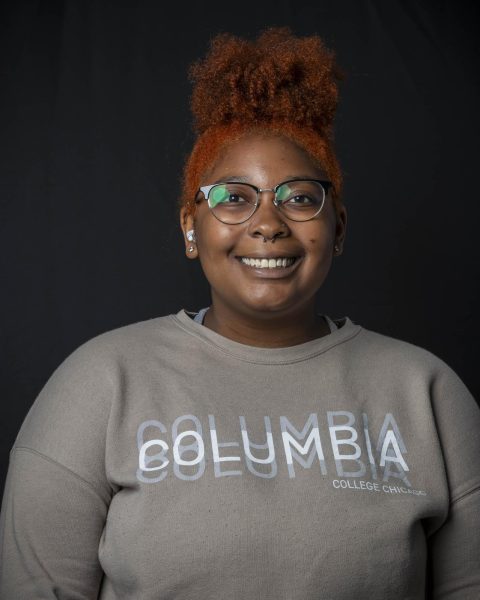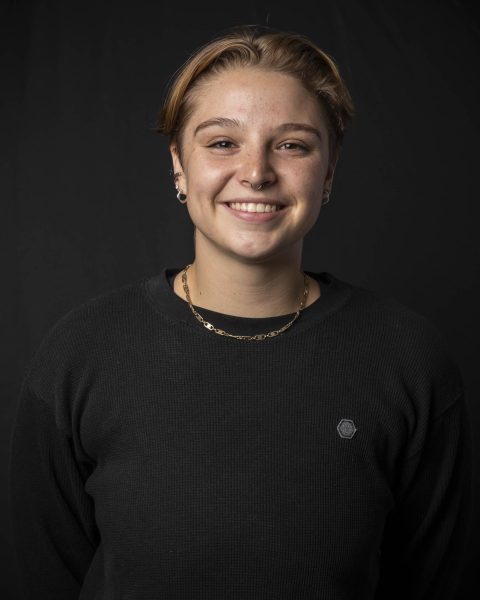Ten years ago, if Columbia had launched a campaign to provide free menstrual products, they would have been placed in the woman’s restroom.
But period products are being offered in gender neutral, women’s and men’s restrooms on campus.
“We want to be as inclusive as possible,” said Ann Kalayil, associate vice president of Facilities Planning and Management. “We want to make sure that we’re keeping in mind the person who’s going to be using this product, what would their journey be in terms of looking for something and needing access to it.”
Student leaders pushed for the Period Project to give students access to a resource that many establishments don’t provide: free menstrual products.
Kate Larroder, a sophomore Communications major, works at the Student Center, where there are signs outside of restrooms indicating that there are free menstrual products inside. She has used this resource when she did not have her own menstrual products readily available.
“I had an emergency one time and I was grateful that I saw that they had products available for students there,” Larroder said. “We’re in an age right now where it’s not something taboo anymore. It’s a necessity, especially to women who need it. It’s very helpful, especially for times when you don’t expect stuff like this to happen.”
In addition to placing this resource on campus, the stations will be refilled every 28 days to ensure that products remain available and ready for use.
“One of the biggest points for us was making sure it was free dispensing,” said Tony Rickabaugh, director of Facilities Operations in Facilities Planning and Management.
Following the research to find the best vendor of menstrual products, Citron Hygiene’s Aunt Flow menstrual dispenser was chosen to be placed in Columbia restrooms. Previously, menstrual products were found in vending machines where students, faculty and staff were made to pay in order for them to be dispensed. Now, that is no longer an issue as the new system in place creates more accessibility for everyone on the campus who needs menstrual products.
“It’s important because it’s a basic health need. It’s something that people shouldn’t be uncomfortable accessing. I think this is a really good initiative because it takes that uncomfortability out of it,” said Michelle Aiello, communications manager for the School of Fine and Performing Arts.
In addition to research about products, there was research done about traffic on campus to ensure that this resource was being placed in the most effective areas.
“We try to be a very data-oriented operation, so we started looking at utilization. We started looking at classrooms, where is some of the highest foot traffic. We started looking at where some of the busiest peaks and times during the semesters as well as staff,” Kalayil said.
A map locating the different places where free menstrual products are available on Columbia’s campus has also been created to ensure that members of the Columbia community are able to easily access these resources.
“I think it should be in every building, every bathroom, everywhere that’s a public-facing building,” Aiello said.









